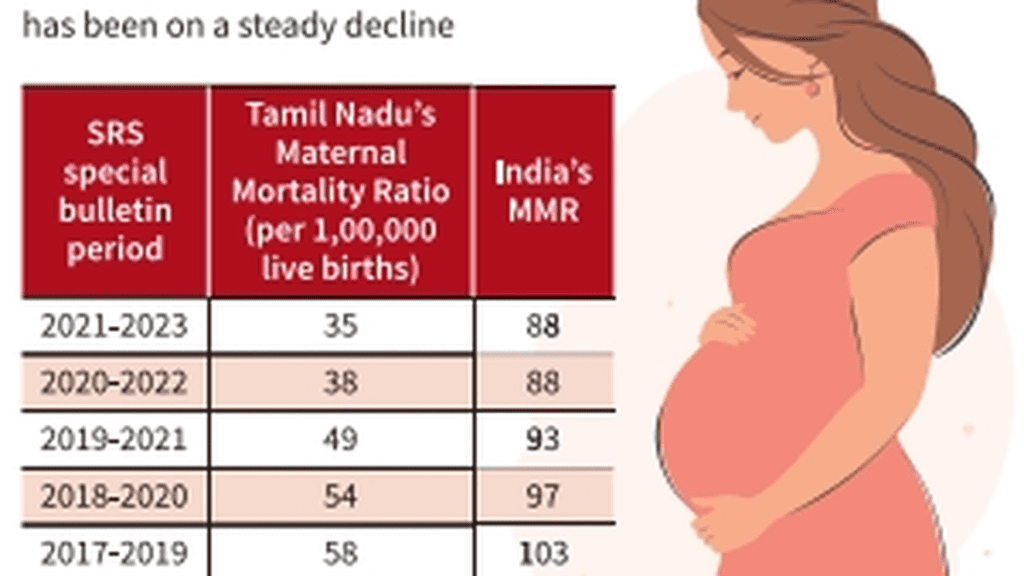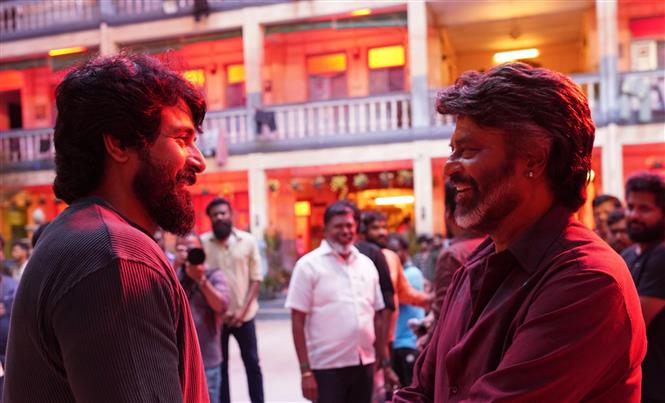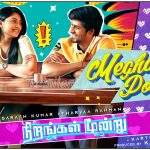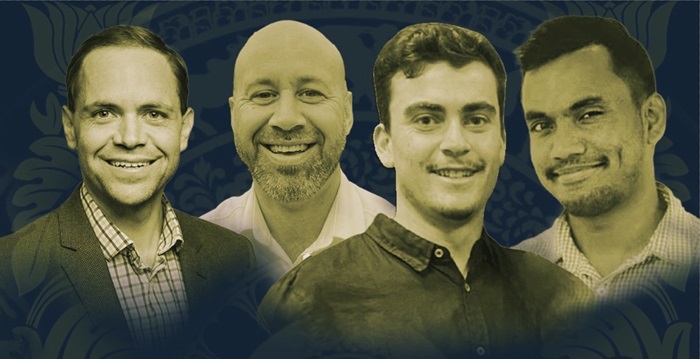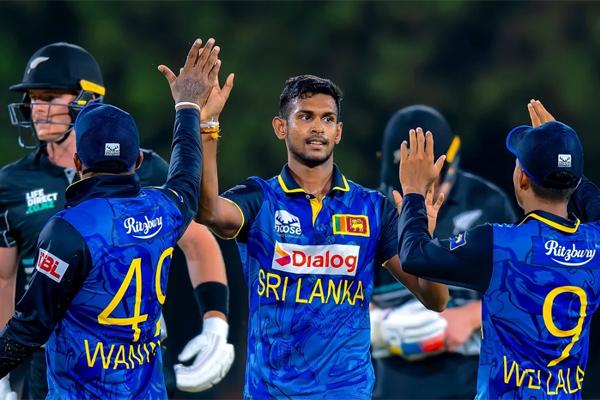Sri Lanka in Danger of Being Suspended by IOC
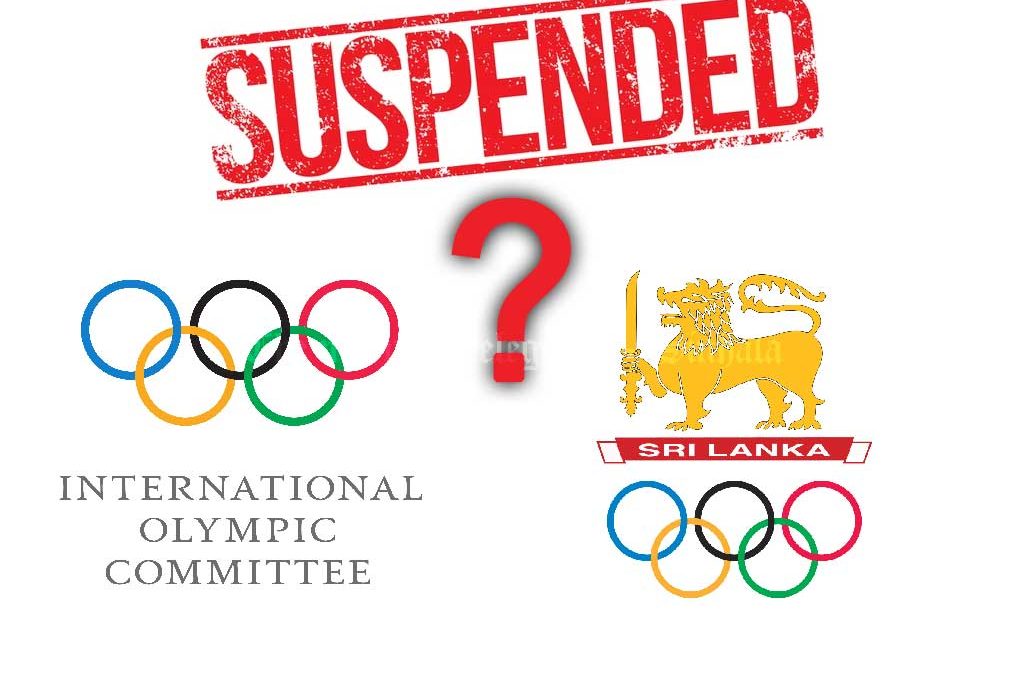
Sri Lanka in Danger of Being Suspended by IOC
The National Olympic Committee of Sri Lanka (NOCSL) is engulfed in yet another controversy, as Secretary General Maxwell De Silva continues to defy his suspension by the Ethics Committee. This defiance persists despite the endorsement of the suspension by both the International Olympic Committee (IOC) and the Olympic Council of Asia, which have called for the enforcement of the Ethics Committee’s findings.
In a previous letter, the International Olympic Committee (IOC) warned Sri Lanka of severe consequences should its advice be ignored and no action be taken to address the issues at hand.
Amid this turmoil, Rifdy Fahmy, a prominent member of the Executive Committee, has tendered his resignation, choosing to preserve his dignity and uphold his reputation. Fahmy’s decision to step down highlights a stark contrast to other officials who continue to cling to their positions, reaping benefits through questionable means while extending support to De Silva in his defiance of the suspension.
Fahmy’s resignation underscores a principled stance amidst a scandal-plagued organization, marking a rare instance of accountability and decency in an environment marred by allegations of corruption and mismanagement. His departure is a reminder of the pressing need for reform and integrity within the NOCSL.
Fahmy’s resignation marks the third high-profile departure following revelations of long-standing corruption within the NOCSL. Earlier, Major General (Rtd) Dampath Fernando and Finance Chairman Lalith Vithana also resigned after allegations of widespread financial mismanagement and malpractice surfaced.
The National Olympic Committee of Sri Lanka (NOCSL) is currently embroiled in a series of serious allegations implicating key members of its Executive Committee in fraudulent activities, financial misappropriation, and human smuggling. Among those accused are Treasurer Gamini Jayasinghe, Vice Presidents Kanchana Jayaratne (husband of former Minister Pavithra Jayaratne) and Suranjith Premadasa, Assistant Secretary Chandana Liyanage, and Executive Members Shirantha Peiris, Ruwan Alahakoon, and Niluka Karunaratne.
Despite repeated demands for their resignation, including allegations of direct violations of the country’s Sports Law, these officials have steadfastly refused to step down. This refusal has fueled suspicions about their motives, with critics pointing out that the positions provide significant benefits—such as financial rewards, influence, and access to international funding—that they are unlikely to give up willingly.
The crisis at the NOCSL underscores deeper systemic issues within Sri Lanka’s sports administration. Secretary General Maxwell De Silva’s defiance of his suspension, imposed by the Ethics Committee for alleged misconduct, has created an environment where accountability is virtually nonexistent. His continued influence over the organization has allowed his allies to hold onto their positions, further obstructing efforts to bring about meaningful reform.The NOCSL’s current woes are not isolated incidents but part of a longstanding pattern of corruption and malpractice that has hindered Sri Lankan sports for years.
As the NPP government embarks on its mission to eradicate corruption and instill good governance, the NOCSL’s deep-rooted issues present a significant challenge. The new Minister of Sports faces a daunting task, restoring credibility to an institution that has long been tainted by scandal and mismanagement.
Critics state that reforms must begin with the removal of corrupt officials and the introduction of strict financial oversight mechanisms. Greater transparency in funding, adherence to ethical standards and empowering independent bodies to oversee governance will be critical in rebuilding trust and ensuring that Sri Lankan athletes receive the support they deserve.
The NOCSL’s continued dysfunction not only damages the country’s reputation but also deprives athletes of opportunities to excel on the global stage. As public outrage grows, the question remains: will Sri Lanka’s sporting authorities take decisive action to clean house, or will systemic corruption continue to rob the nation of its sporting potential?
The evidence is clear. The NOCSL stands as a glaring example of how unchecked corruption can devastate a country’s sporting infrastructure. It is time for action, accountability, and a renewed commitment to the values of integrity and fair play, if not a country that boasts of immense talented sportsmen and sportsmen may soon find out that there will be no international playground for them to showcase their and skills and bring much deprived fame and fortune to its motherland.
The Morning Telegraph



